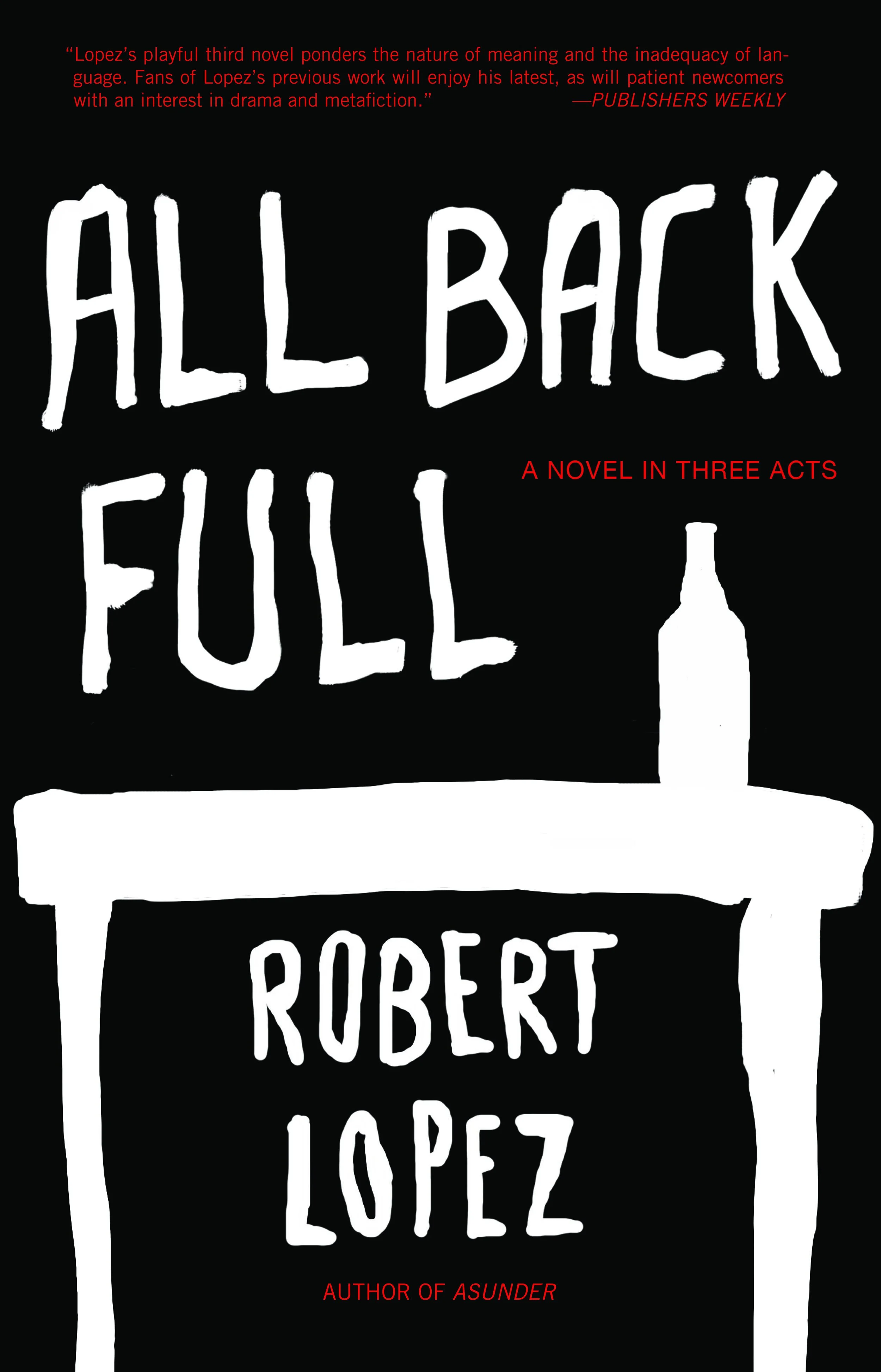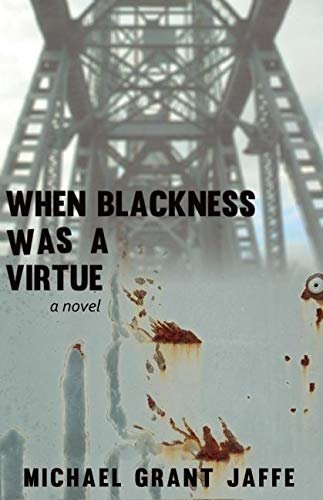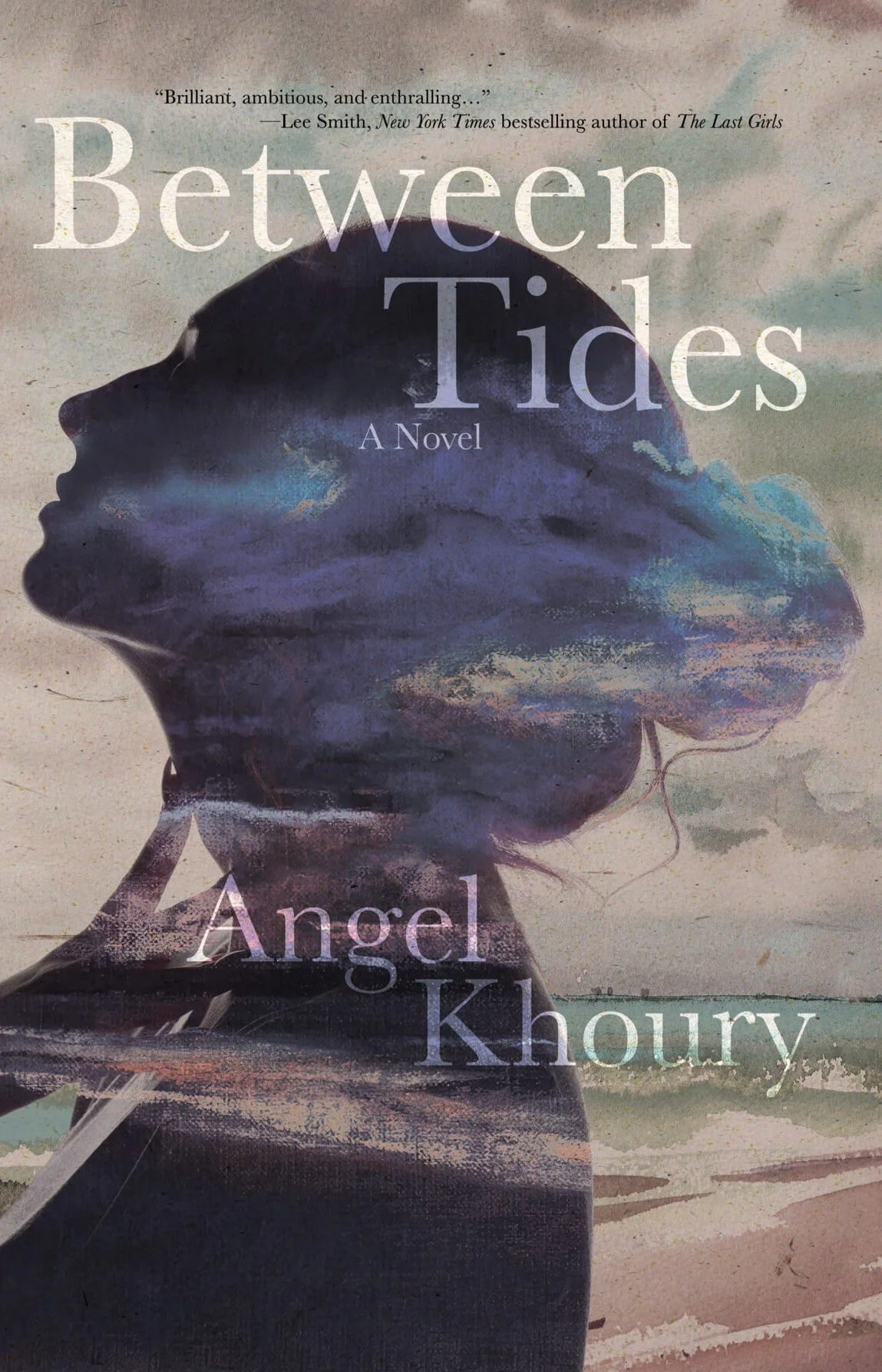How to Read an Unwritten Language by Philip Graham eBook
When Michael Kirby’s mother begins to create strangely unsettling personalities before the private audience of her three children, she bestows upon Michael a double-edged gift: the ability to see past the ordinary surface of the world. After her performances lead to catastrophe, Michael embarks on a redemptive journey to uncover the hidden languages of his family, his lovers, even strangers. Through Michael’s eyes the reader discovers the unsuspected terrors of a bowling alley, the insinuating force of the daily horoscope, the secret poetry of insurance, and the startling revelations that are possible on a carousel ride. Even simple objects at yard sales and auctions contain stories waiting to be revealed, whether it’s a tape recorder holding the contagiously powerful suicide songs of a doomed lover, or the bent plastic arm of a doll that a timid child once waved to ward off imagined dangers.
At once exuberantly comic and darkly disturbing, How to Read an Unwritten Language is filled with unforgettable stories, narrated by a man who hopes to save others, and himself, through the telling.
This digital download includes .epub and .prc files
When Michael Kirby’s mother begins to create strangely unsettling personalities before the private audience of her three children, she bestows upon Michael a double-edged gift: the ability to see past the ordinary surface of the world. After her performances lead to catastrophe, Michael embarks on a redemptive journey to uncover the hidden languages of his family, his lovers, even strangers. Through Michael’s eyes the reader discovers the unsuspected terrors of a bowling alley, the insinuating force of the daily horoscope, the secret poetry of insurance, and the startling revelations that are possible on a carousel ride. Even simple objects at yard sales and auctions contain stories waiting to be revealed, whether it’s a tape recorder holding the contagiously powerful suicide songs of a doomed lover, or the bent plastic arm of a doll that a timid child once waved to ward off imagined dangers.
At once exuberantly comic and darkly disturbing, How to Read an Unwritten Language is filled with unforgettable stories, narrated by a man who hopes to save others, and himself, through the telling.
This digital download includes .epub and .prc files
When Michael Kirby’s mother begins to create strangely unsettling personalities before the private audience of her three children, she bestows upon Michael a double-edged gift: the ability to see past the ordinary surface of the world. After her performances lead to catastrophe, Michael embarks on a redemptive journey to uncover the hidden languages of his family, his lovers, even strangers. Through Michael’s eyes the reader discovers the unsuspected terrors of a bowling alley, the insinuating force of the daily horoscope, the secret poetry of insurance, and the startling revelations that are possible on a carousel ride. Even simple objects at yard sales and auctions contain stories waiting to be revealed, whether it’s a tape recorder holding the contagiously powerful suicide songs of a doomed lover, or the bent plastic arm of a doll that a timid child once waved to ward off imagined dangers.
At once exuberantly comic and darkly disturbing, How to Read an Unwritten Language is filled with unforgettable stories, narrated by a man who hopes to save others, and himself, through the telling.
This digital download includes .epub and .prc files
praise
“Evocative, lyrical prose and a keen eye for unexpected detail hold the reader spellbound through this odd, poignant tale of a sensitive man’s quest to understand himself and his loved ones by cracking the code of their lives’ elusive symbolism . . . Through Michael’s gentle voice, first-novelist Graham (author of a short-story collection, The Art of the Knock, and two other books) fashions a resonant narrative that explores the value of storytelling to make life bearable and the unending struggle to make sense of those closest to us.”
–Publisher’s Weekly (starred review)
“No matter that many disasters appear ‘in the form of car collisions or flooded basements, they more often appear from some secret place inside us.’ So says this book’s narrator, Michael Kirby, who has learned to intuit the dark secrets of the heart, to hear what people don’t say . . . to all these relationships, Michael brings a sixth sense that is both hard-won and unnerving to those involved. And just as the character of Michael operates always on two levels–the seen and the unseen–the author himself writes on more than one plane. Beneath his deft execution of the narrative runs a dreamy, subconscious state that effectively places the reader deep into the thought (and unthought) processes of Michael’s mind, plummeting the subterranean currents that run through us all.”
–Colleen Kelly Warren, St. Louis Post-Dispatch.
“Philip Graham has long been, with his remarkable short stories, one of the most original and ravishing voices in American fiction. Now he has brought his prodigious skills to a novel and—how rare this is—he has produced work of equal brilliance in both forms. How to Read an Unwritten Language is a book full of passion and poetry and profound insight into one of the great and eternal themes of art, the formation of self. I come away from the novel seeing the things of the everyday world quite differently. The shape of a tree, the scuff on a stranger’s shoe, the put-on face of a troubled child: these are the words of the language that Graham teaches us how to read, and what is written here always matters in the way our very identities are shaped and revealed.”
–Robert Olen Butler
about the author
Philip Graham is the author of seven books of fiction and nonfiction, including the story collections The Art of the Knock and Interior Design; a novel, How to Read an Unwritten Language; and The Moon, Come to Earth, an expanded version of his series of McSweeney's dispatches from Lisbon. He is the co-author (with his wife, anthropologist Alma Gottlieb) of two memoirs of Africa, Parallel Worlds (winner of the Victor Turner Prize), and Braided Worlds. His work has been reprinted in Germany, Great Britain, India, the Netherlands, and Portugal.
Graham’s fiction has appeared in The New Yorker, North American Review, Fiction, Los Angeles Review and elsewhere, and his nonfiction has appeared in the New York Times, Chicago Tribune, Poets & Writers Magazine, and the Washington Post. The recipient of a National Endowment for the Arts fellowship, a National Endowment for the Humanities grant, two Illinois Arts Council awards, and the William Peden Prize in Fiction, Graham teaches at the University of Illinois at Urbana-Champaign, and the Vermont College of Fine Arts. A founding editor of the literary/arts journal Ninth Letter, he has served as the fiction and nonfiction editor, and as an editor-at-large for the journal’s website. His posts on the craft of writing can be found at www.philipgraham.net









